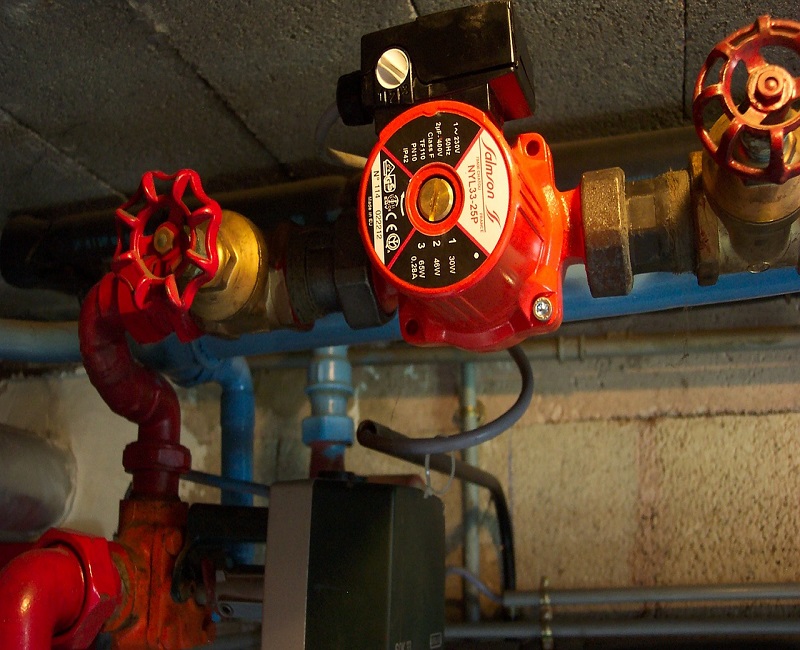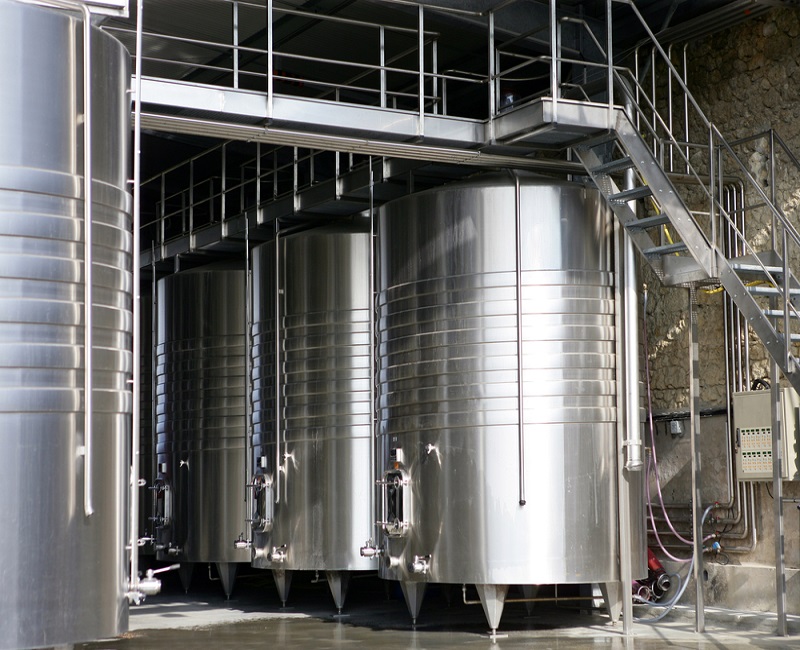A boiler, by definition, is a large closed vessel especially made of metal and used to boil water or other fluid. Modern technological advances have led to the development of various types which have their individual profits and losses. Each type of industrial steam boiler system is uniquely suited for a particular type of work. Thus, it is of utmost importance to select the right boiler system based on your requirement so as to reap the maximum benefits.
Industrial steam boiler systems can be classified by a variety of ways. Primarily they are classified on the basis of function, tube type, fuel and their combustion method. The following description will reveal as to how difficult it is to select the right boiler:
- On the basis of function: The boilers are designed to produce either hot water or steam. Industrial steam boilers often produce steam which can be utilized for a number of purposes like turning turbines, power generation or heating a kiln. Residential or commercial boilers are often designed to produce hot water to suit such needs.
- On the basis of tube type: According to it, industrial steam boilers are of two types – fire tube and water tube. A fire tube boiler carries hot gases in pipes through a drum filled with water. Fire tube boiler can again be subdivided into two types – dry back and wet back fire tube boilers. The range of these boilers can range from 50 to about 2000 horsepower. The water tube boiler is just the opposite. The tubes usually carry water in pipes which is passed through the heat. This makes them more efficient and quite difficult to fabricate, thus raising the price. These high input values ranging from 500,000 to 21,000,000 and quite quickly convert the water into heat.

- On the basis of fuel: This is probably the largest classification as there are quite a lot of choices in regard to the energy source. Industrial steam boilers are often designed to burn coal to produce the necessary heat. The coal is pulverized to increase the burning efficiency as compare to coal lumps. There are other boiler designs which use biomass such as dry vegetable husks, wood chips and debris. Natural gas and oil boiler are also quite common. Gas boilers utilize a mixture of methane, ethane, propane, butane or pentane. Oil boilers utilize diesel oil, petroleum and gasoline as their energy source. Heat exchanger and hydronic boilers are starting to emerge as a major force in boiler market.
- On the basis of combustion method: This can be only applied to industrial steam boilers which use either liquid or solid fuel. Solid fuels are often burnt by the fluidized bed or stoker mechanism. The liquid fuels are utilized as a heat transfer medium which increases the efficiency of the heating system.
There are certain commercial boilers which can be implemented on a small scale industrial sector with low energy demand. Such places include offices and small industrial complexes with more hot water than steam and these places often employ condensing boiler which are powered by oil or gas. These boilers often have high efficiency. Electric boilers are used where the price of electricity is quite cheap and they have no emission.
Thus, we see how many varieties of boiler are there in the market. They all work by different instrumentation trying to achieve the same underlining principle. It is by the utilization of these mechanisms which gives each boiler its characteristics. These characteristics define the type of job best suited for the boiler. It is often wise to take the help of experienced and qualified technicians for the right evaluation of the premises and the services expected from a boiler. These requirements will help you to decide the best industrial steam boiler for you.



















